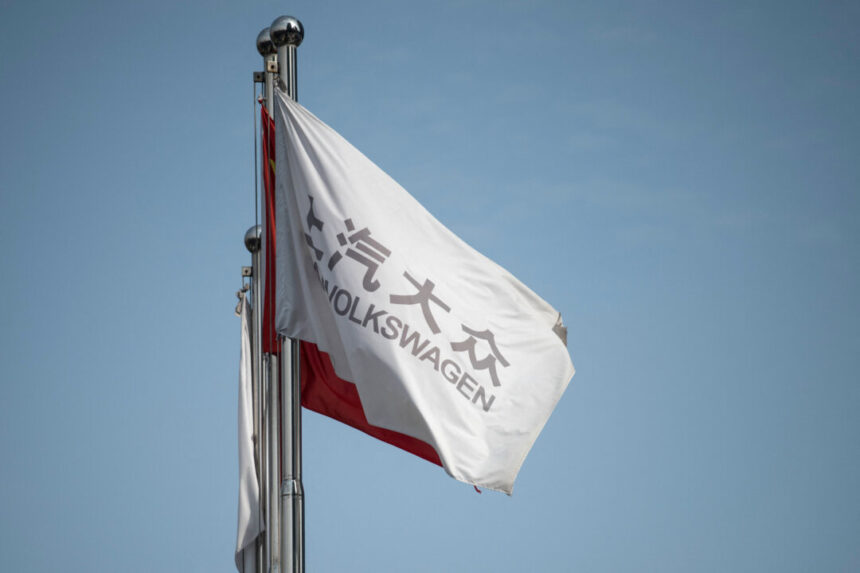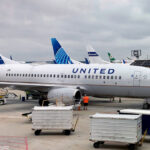Lawmakers are urging MSCI to downgrade Volkswagen after a leaked social audit discredited the automaker’s joint-venture factory in Xinjiang. The audit conducted last year could not rule out risks of forced labor, prompting international lawmakers to call for divestment from the region. The audit, commissioned by Volkswagen, found no evidence of forced labor but was deemed inadequate in assessing risks. Members of various legislatures called for Volkswagen to withdraw from Xinjiang due to human rights concerns. The audit, conducted by inexperienced Chinese individuals, failed to meet international standards. The report’s findings were echoed by the U.S. Congressional-Executive Commission on China, labeling them as troubling. Volkswagen entered the joint venture in China with SAIC in 1984, and the plant in Urumqi has been operational for around a decade. After facing red flags from MSCI over forced labor allegations, Volkswagen commissioned an ESG audit at the plant. However, the audit’s credibility was questioned, leading to calls for a comprehensive investigation.

Madalina Vasiliu/The Epoch Times
Zenz revealed that during the audit process, employees were collectively informed and interviews were live-streamed to the company’s head office in Shen Zhen.
The report highlighted concerns about ethnic minorities being hesitant to provide honest responses due to fear of state scrutiny and the presence of Han Chinese. It also raised alarms about forced assimilation activities in the factory among ethnic groups.
Zenz suggested that Volkswagen should exit Xinjiang, close its factory, and apologize for misinforming investors about the audit. He also expressed concern about corporate complicity in Uyghur forced labor.
Campaign for Uyghurs stated that Volkswagen’s presence in Xinjiang makes it complicit in forced labor, as per Zenz’s research on the region’s forced labor practices.
The quality of the audit was questioned, with concerns raised about its use to influence investors. Volkswagen defended the audit process, emphasizing the experience of the auditors and the assurance of confidentiality during interviews.
Volkswagen did not respond to requests for comment from The Epoch Times. Löning refrained from discussing clients or projects for confidentiality reasons.





